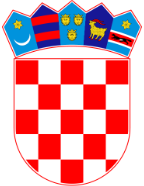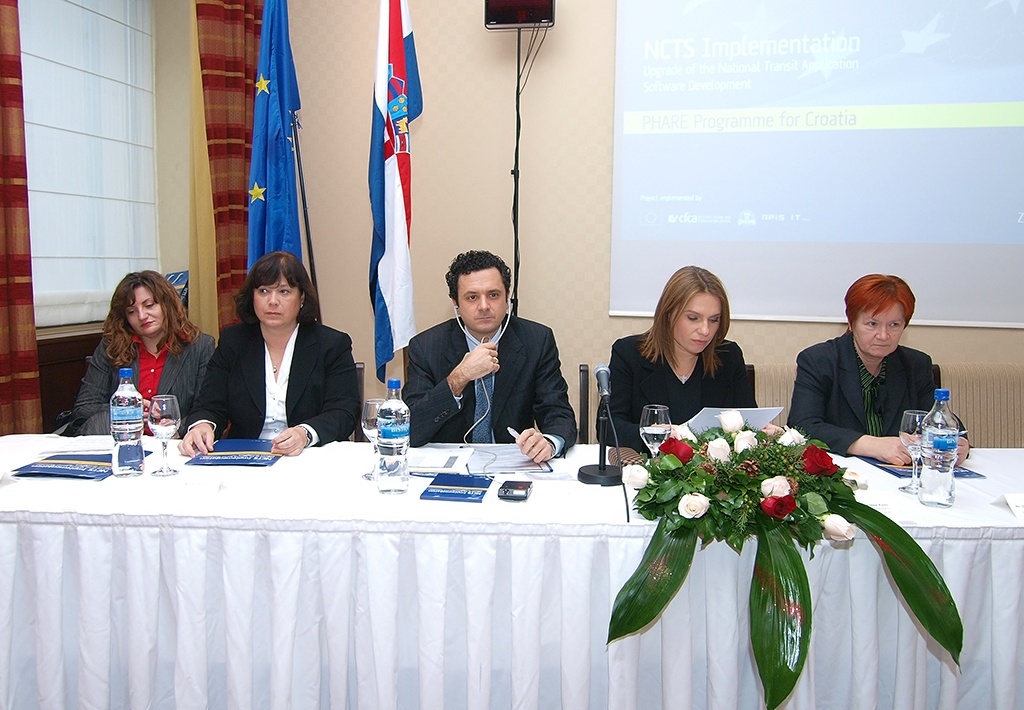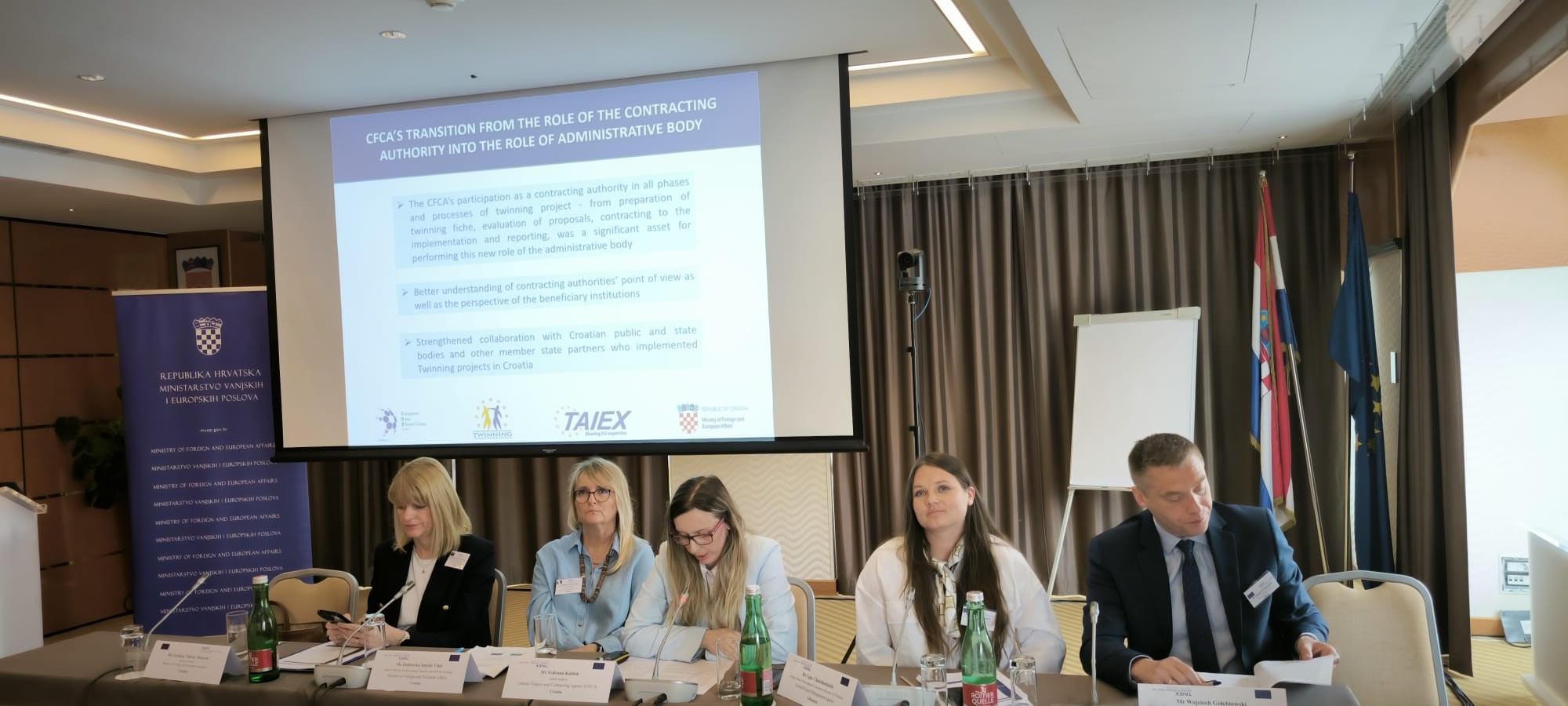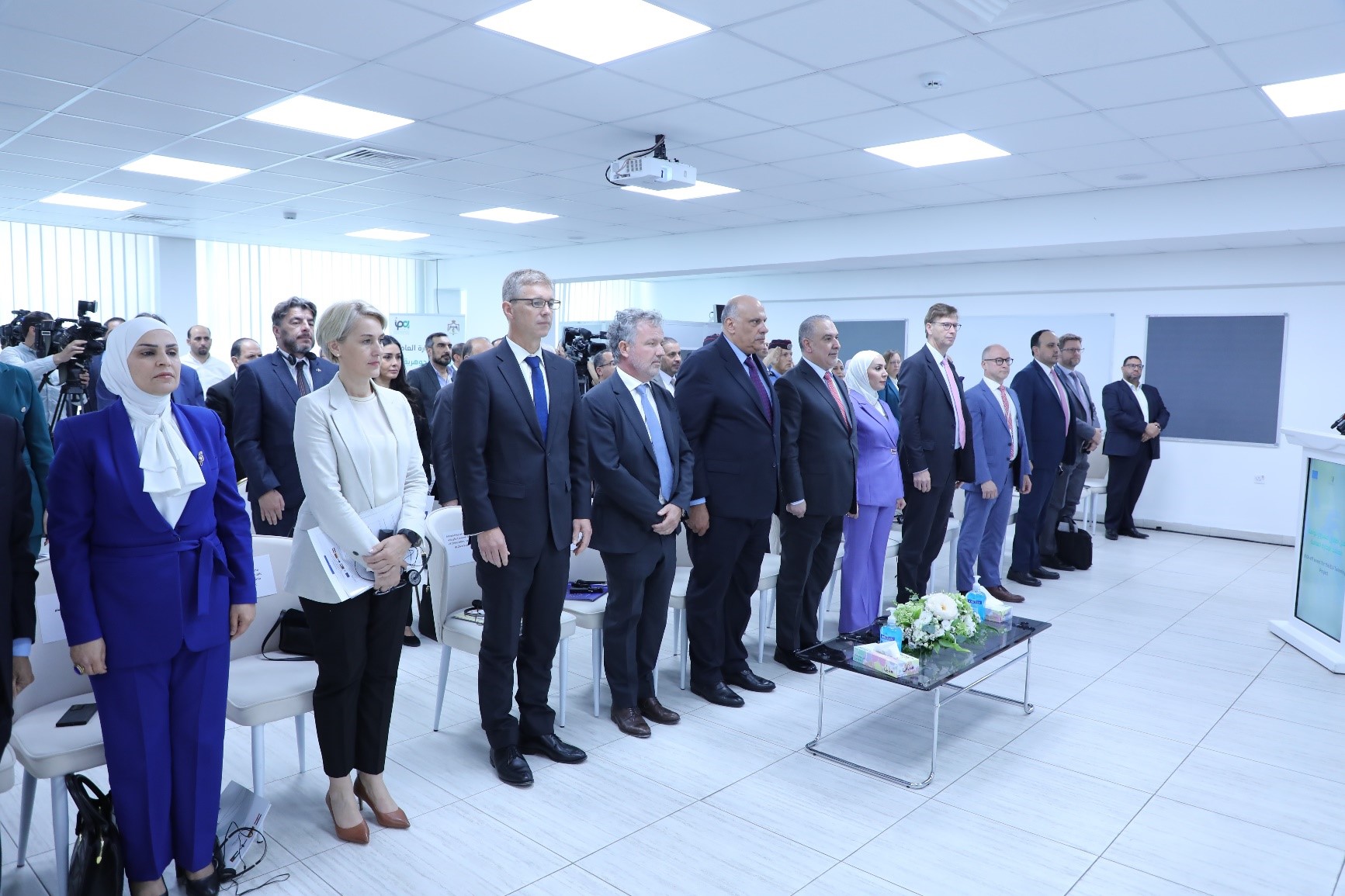The transit of goods through the customs service is performed electronically, by exchanging electronic messages, instead of through paper documents. This enables the transit of goods through EU countries from their starting point to the final destination.
Apart from speed, flexibility, safety and time and money saving, the new system also contributes to the prevention of customs fraud and smuggling.
Fulvio Bianconi, an EC representative in Croatia, said at the presentation of the system at The Regent Esplanade Hotel in Zagreb that Croatian traders would benefit the most from the system because they would wait less for customs declarations, save money and improve their services.
Bianconi added that the new system would have to be activated or start operating on the day Croatia joined the EU at the latest.
Congratulating Croatia on a job well done in negotiations on Chapter 29 (Customs Union), Bianconi said that the chapter was among the first ones to have been opened and that it could be closed now.
Croatia has made progress in adjusting its customs legislation to that of the EU, it has strengthened the capacities of the customs administration and established a system of inter-operability with EU customs systems, he added.
Vesna Kadic, deputy director of the Customs Administration, said that Croatia expected to receive an invitation to close Chapter 29 soon.
The upgrading of the national transit system was performed by the Croatian company APIS IT, and the entire project amounts to EUR 500,000. Seventy-five percent of the funds was provided by the EU and the remaining 25 percent by the Croatian government.
The further upgrading of the project through the so-called module for the exchange of information with the business sector and other sectors is scheduled for 2009, and EUR 1.2 million has already been ensured from the PHARE 2006 programme for that purpose. (Hina)










